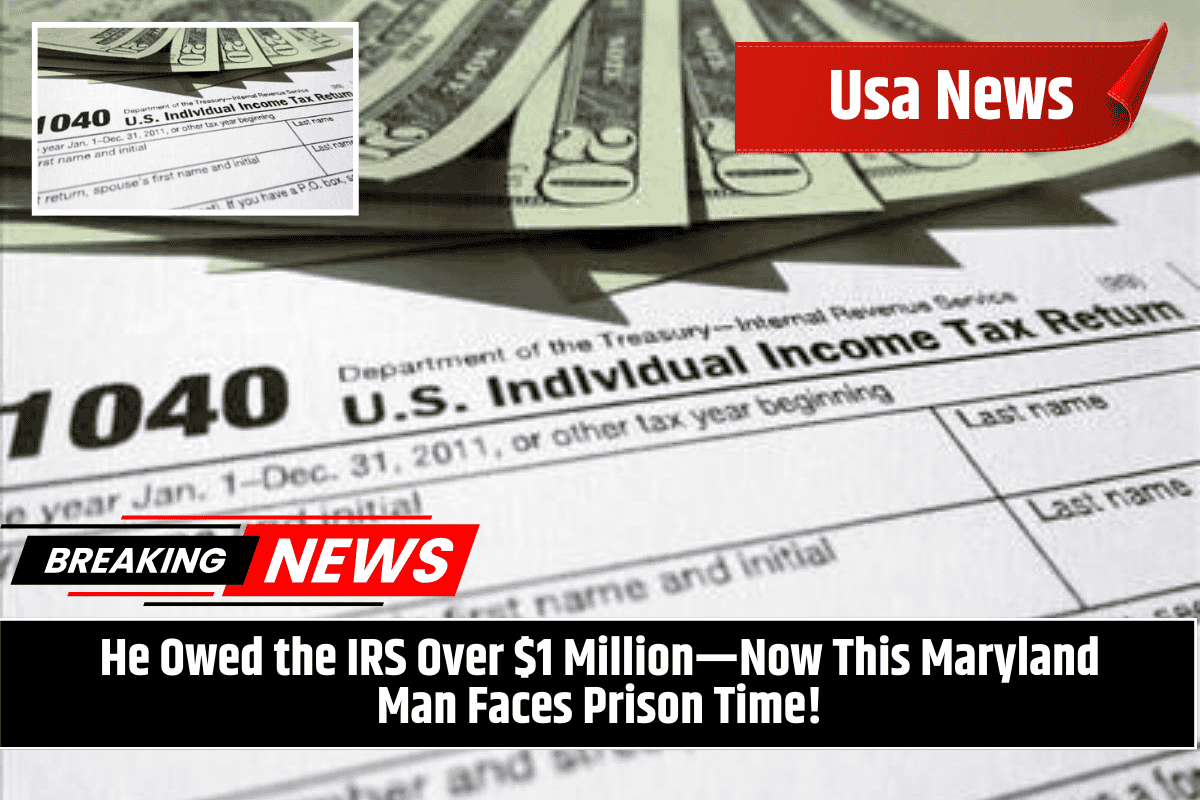A businessman from Maryland, USA, has been found guilty by a federal jury for not paying employee payroll taxes to the government. The man, Brett Hill, ran two telecom companies and was supposed to handle the taxes deducted from his employees’ salaries. But instead, he used the money for himself.
Who is Brett Hill?
Brett Hill is from Parkton and Berlin in Maryland. He worked as the CEO (Chief Executive Officer) of two telecommunications companies. As CEO, it was his legal duty to take out federal income tax, Social Security, and Medicare tax from his workers’ wages and send that money to the U.S. government. He also had to file tax returns every three months and pay the employer’s share of Social Security and Medicare taxes.
What Did He Do Wrong?
Between April 2016 and December 2018, Brett Hill did deduct the right amount of tax from his employees’ salaries. But he never sent that money to the government. On top of that, he didn’t file the required tax documents. He also failed to pay the employer’s share of taxes.
Instead of doing what the law required, Hill used the money to pay himself and cover other company expenses. In total, he caused a loss of more than $1 million (around ₹8.3 crore) to the U.S. government.
What Happens Next?
Brett Hill has been convicted of 16 counts of not collecting and paying over taxes. Each count carries a maximum sentence of five years in prison. His actual punishment will be decided later by a federal district court judge, who will consider legal guidelines and other factors before announcing the sentence.
Who Investigated the Case?
The IRS Criminal Investigation team handled the case. The U.S. Department of Justice’s Tax Division, led by Acting Deputy Assistant Attorney General Karen E. Kelly, announced the verdict. Trial attorneys Shawn T. Noud and Catriona M. Coppler were in charge of prosecution during the court trial.
Why Is This Important?
Cases like this show how serious it is to misuse employees’ tax money. When company heads fail to pay taxes properly, it harms not only the government but also the trust employees place in their employers. This case is a reminder that even top company officials must follow tax rules strictly or face serious punishment.














